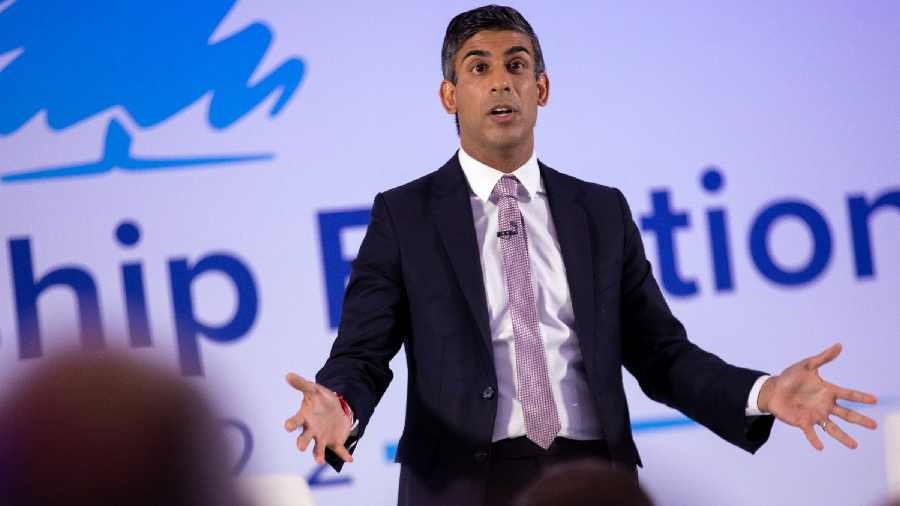Britain faces its largest ever strike by health workers on Monday as tens of thousands of nurses and ambulance workers walk out in an escalating pay dispute with the government, spelling further disruption for an already strained health system.
Nurses and ambulance workers have been striking separately on and off since late last year but Monday’s walkout involving both, largely in England, will represent the biggest in the 75-year history of the National Health Service (NHS).
England’s top doctor, Stephen Powis, said strike action this week, which would also see physiotherapists walkout on Thursday, would most probably be the most disruptive so far.
Health workers are demanding a pay rise that reflects the worst inflation in Britain in four decades, while the government says that would be unaffordable and cause more price rises, and in turn, make interest rates and mortgage payments go up further.
Around 500,000 workers, many from the public sector, have been staging strikes since last summer, adding to pressure on Prime Minister Rishi Sunak to resolve the disputes and limit disruption to public services such as railways and schools.
Asked by Sky News if the strikes would put lives at risk, business minister Grant Shapps said he was “concerned that it does” because of a lack of cooperation between the back-up services, such as the army, and those workers who are striking.
”The Royal College of Nursing (RCN) have very responsibly... told the NHS this is where we are going to be striking and they’re able to put the emergency cover in place. Unfortunately, we’ve been seeing a situation with the ambulance unions where they refuse to provide that information,” he said.











